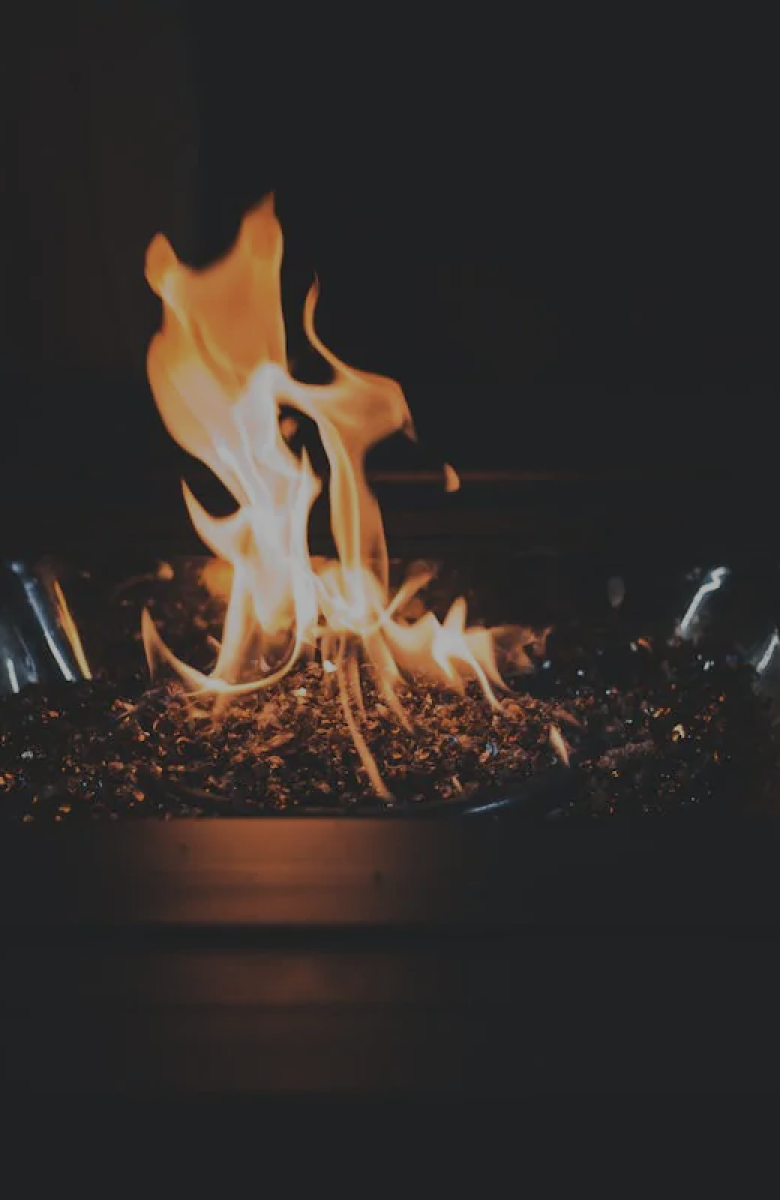When we heat our homes or light up the BBQ, we might not give too much thought to the fuel source we are using and how it’s defined.
We’ve compiled this guide as a way of identifying smokeless and solid fuels. Let’s examine what smokeless and solid fuels are best for you to use.
What Is a Solid Fuel?
Solid fuels are physical, tangible materials that are used as a source of energy. Wood and coal are good examples of this, for instance. However, gas is not a solid fuel and is not as easy to source. For a gaseous fuel, you need the right infrastructure to bring it to your property, via a boiler, for example.
Whereas, solid fuel can be purchased and transported easily by anybody. Wood and coal have been burned as solid fuel sources for hundreds, if not thousands, of years to heat homes, cook food, and provide light.
Solid fuels can also be smokeless fuels, like kiln-dried wood or smokeless coal. However, solid fuel is a broader term for anything solid that burns to create energy, so it’s always best to check what type of solid fuel you’re purchasing. The Ready to Burn logo on any packaging will be a great indicator of the solid fuel's performance.
If you plan to burn solid fuel indoors, double-check the type of fuel it is first and see whether any appliance you might use to do so has a vent if necessary and can operate using this product.
HouseFuel has a range of solid fuel products on its website to get you started with building your fire.
What Is Smokeless Fuel?
A smokeless fuel is a material that, when burned, produces next to no smoke. Anything under a certain threshold of smoke emittance can be classed as a smokeless fuel source. Kiln-dried wood and anthracite coal are two modern examples of smokeless fuels on the market.
The reasons you should consider purchasing smokeless fuel are varied. Firstly, traditional house coal and wet wood tend to emit potentially harmful pollutants into the atmosphere, contributing negatively to environmental concerns. Smoke Control Areas have been enforced to curb how much smoke is produced in heavily polluted areas, so you must stay aware of this if it concerns you.
These pollutants are also bad for the health of those breathing in the smoke nearby. Particulate Matter, for instance, can result in breathing problems so it’s advised to use smokeless fuels to combat this.
It makes sense financially to buy smokeless fuel too because of how efficiently it burns. You can expect kiln-dried wood or smokeless coal, which could be considered the best smokeless fuel, to burn better and for much longer than wet wood or traditional house coal, meaning you won’t need to purchase replacements as regularly.
Smokeless and Solid Fuels from Homefire
HouseFuel supplies the highest quality smokeless and solid fuels that can be bought in small quantities or bulk. Explore the Housefuel site now to view our range of fuels. Whether you use smokeless fuels or solid fuels, you can ensure that Housefuel’s quality products will help you build the perfect fire.




